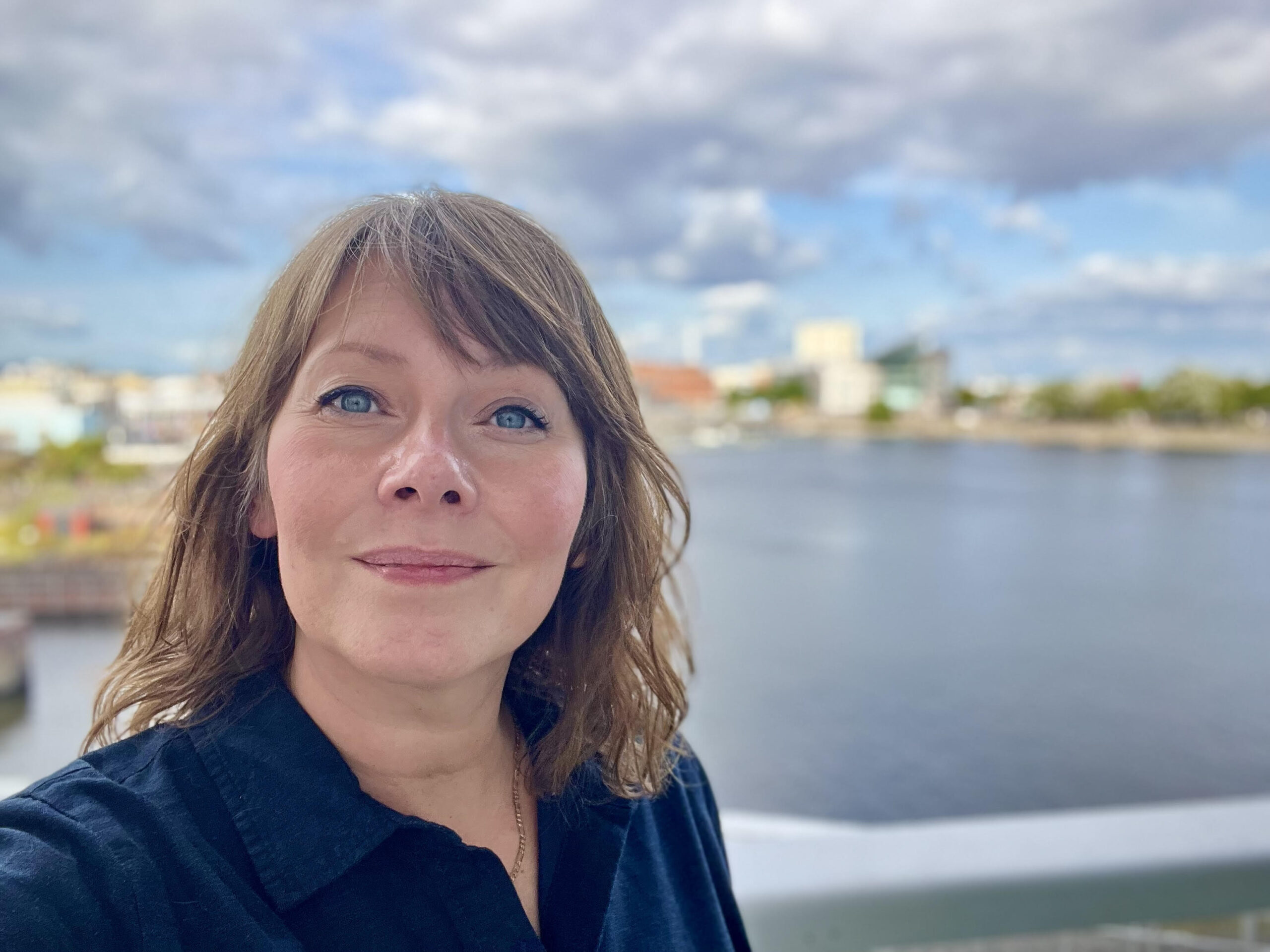This seminar explores the concept of epistemic justice in therapy—how knowledge, power, and voice influence therapeutic relationships, and vice versa. Nicola will describe the ways dominant narratives, implicit biases, coloniality, and institutional structures can create epistemic injustices, particularly for minoritised and marginalised clients. She will unpack how as therapists we can recognise and challenge these injustices by responding to clients as credible knowers of their own experiences, and by advocating for the validity of lived experience knowledge.
Through a combination of theoretical discussion and reflective exercises, attendees will learn how to integrate epistemic justice into their therapeutic practice, ensuring that clients’ voices are heard, respected, and centred in ways that align with ethical and anti-oppressive frameworks.
Learning Objective Participants Can Expect From This Event
- Understand and recognise epistemic injustice—differentiate between testimonial and hermeneutical injustice and their relevance to therapy.
- Challenge dominant narratives that silence or discredit clients’ lived experiences.
- Develop epistemically just practices, including active listening, co-construction of meaning, and transparency in therapeutic decision-making.
Who is This Workshop Appropriate For?
- Qualified and trainee therapists and allied health professionals.
How May This Workshop Impact Your Practice?
- This workshop will enable participants to deepen their knowledge and awareness of epistemic injustice, and view their anti-oppressive practice through the specific lens of epistemic justice.
Course Content
Organisation
This learning is avaibale in the FREE Student Hub
Presenter

Nicola Blunden has worked in the South Wales valleys for more than two decades as a therapist and supervisor. She has specialist experience working with trauma, cancer, domestic violence, and disability. She practises in anti-oppressive and co-productive ways, co-creating a new, unique therapy approach with each client, according to their wishes and needs. Nicola has researched and published writing on plural identity, improvisation, ethics, decolonisation, and pluralistic research. Most recently, Nicola proposed a framework for pluralistic integration in person-centred therapy, for the third edition of Tribes of the Person-Centred Nation (Cooper 2024). Over the past ten years, Nicola has supported, and learned from, hundreds of trainee counsellors and supervisors in her course leader roles at the University of South Wales, the Metanoia Institute, and UWE Bristol. Nicola is a passionate advocate for epistemic justice, particularly for disabled clients and therapists, whose voices continue to be suppressed in our profession.

The Therapy and Social Change (TaSC) Network is a broad affiliation of people interested in exploring the interface between therapeutic ideas and practices and social justice perspectives and actions. We are interested both in the ways that counselling and psychotherapy can be practiced with social justice concerns in mind (for instance, tackling unconscious biases in the consulting room), and also in the ways that therapeutic principles and practices can be extended out to the wider social realm (for instance, developing social and emotional literacy in schools).


